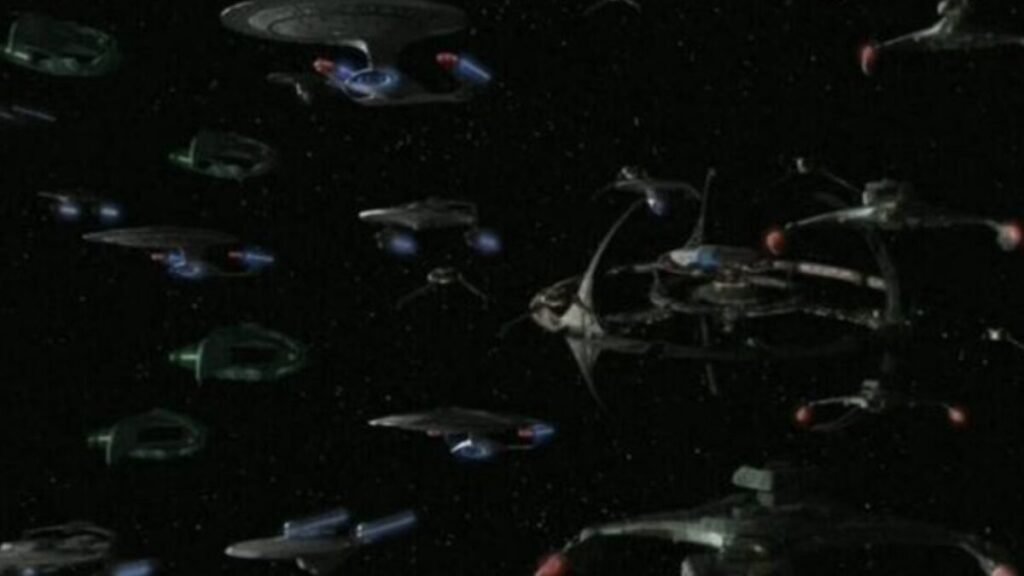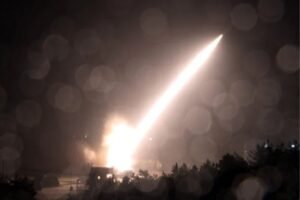The Space War: A Playful Look at Satellites, Space Weapons, and Cosmic Control

What was once territory exclusive to science and peaceful exploration has now transformed into a geopolitical power play. Once a symbol of international cooperation, space now emerges as a battleground where satellites, weapons, and lunar resources shape the strategies of world powers.
Satellites: Targets of a Silent War
In May, while Russia celebrated Victory Day, hackers supporting the Kremlin hijacked a television satellite in orbit to broadcast images of the military parade to Ukraine. This attack demonstrated that satellites – more than 12,000 in operation – are vital pieces for communication, GPS, defense, and the economy, but also fragile targets. A blow to their security software can paralyze entire sectors without firing a single bullet.
The Moon as a New Strategic Frontier
Beyond Earth’s orbit, the Moon emerges as a new strategic frontier. The interest is not only symbolic: its surface contains helium-3, an isotope with potential for nuclear fusion. The United States plans to send a reactor to the lunar surface, while China and Russia announce their own nuclear plant projects in the next decade.
The control of lunar resources could define which nation will dominate the future’s energy. As cybersecurity defense expert Joseph Rooke warned, “if you dominate Earth’s energy needs, the game is over.” Current developments accelerate this race, which increasingly resembles a territorial struggle than exploration.




